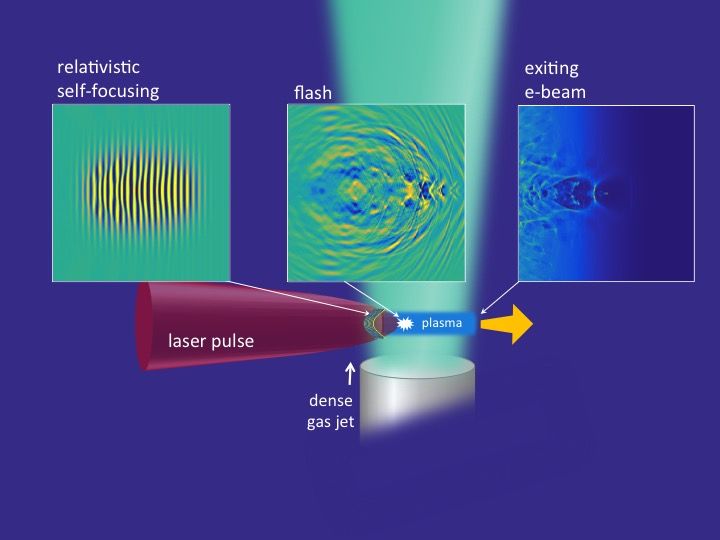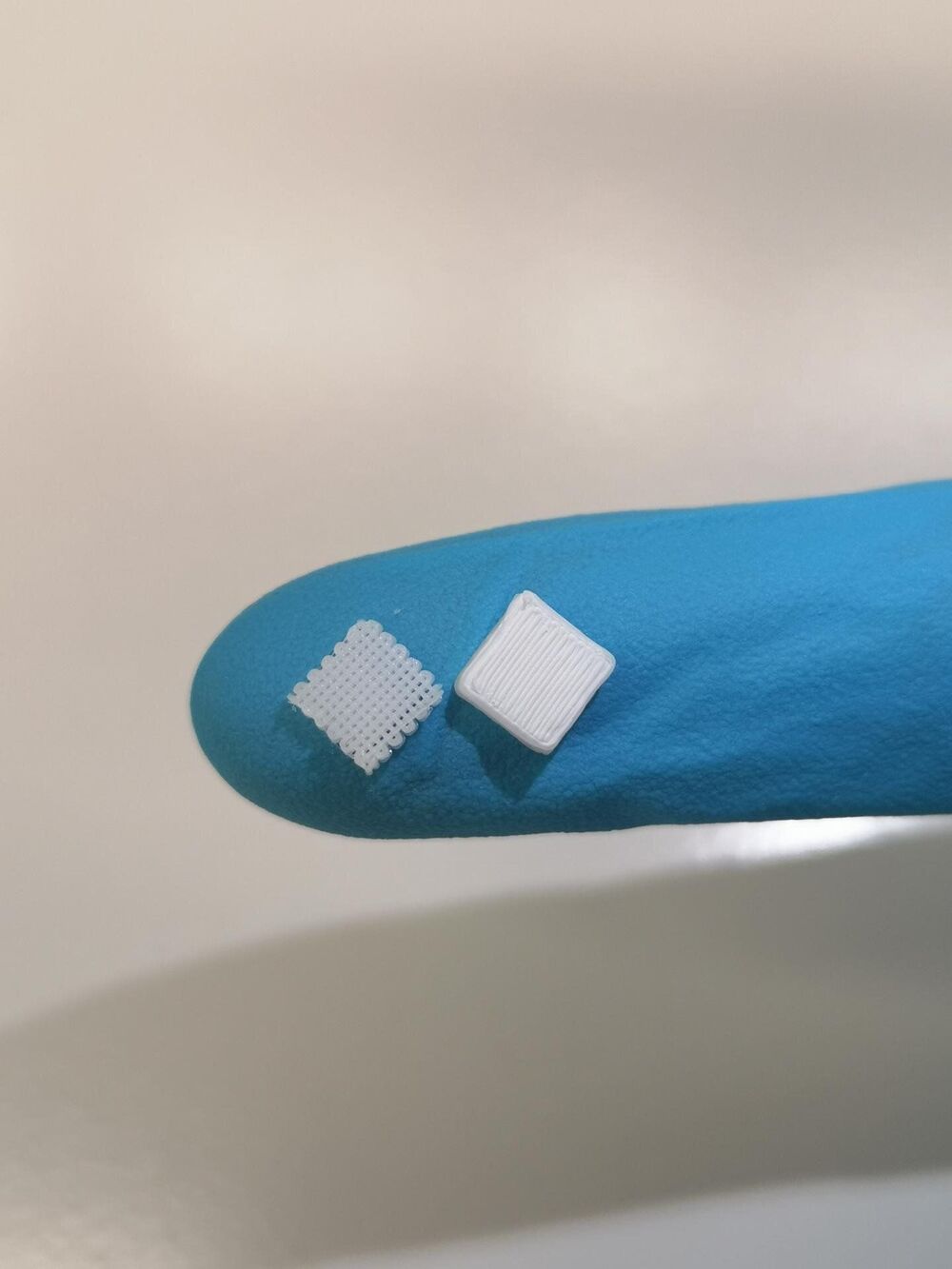An expert panel is meeting Thursday to consider whether the Food and Drug Administration should issue a second emergency use authorization for a Covid-19 vaccine, this one made by Moderna. It is almost a foregone conclusion that it will. But the hearing still promises to tell us more about the vaccine and its use. The FDA gave Moderna’s vaccine a favorable review in the leadup to the meeting, all but guaranteeing the Vaccines and Related Biological Products Advisory Committee will recommend an EUA be granted. It’s also widely expected the FDA will issue the EUA on Friday.
The authorization will mark the second Covid-19 vaccine cleared by the agency — and amount to one more step toward curbing the pandemic.









